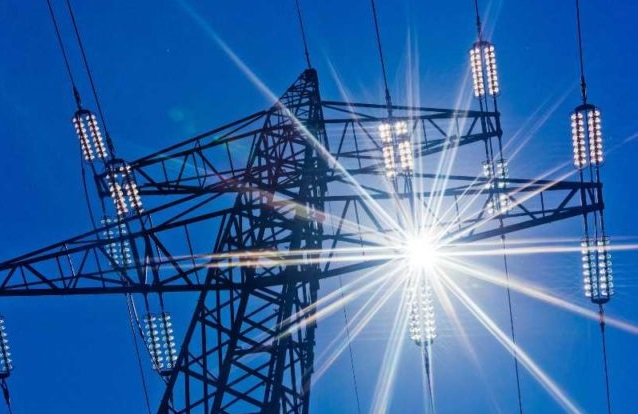Electricity in Sudan
Currently, about 54% of Sudan’s population has access to electricity. The country is looking to increase energy generation and import power from neighboring countries. Renewable sources of energy are one possible solution. The government has begun to engage with private sector partners to develop solar and wind projects in several cities. It has also imported its first wind turbine.
But there are a number of challenges in developing the electricity sector in Sudan. The country’s current political situation, unstable macroeconomic and security situation, and lack of market transparency create high capital costs for energy developers. There are also low electricity tariffs and weak purchasing power, which pose a significant barrier to project development.

The government of Sudan has made efforts to implement renewable energy legislation and develop a renewable energy master plan. The electricity act allows for public and private sector participation in energy projects. The country’s renewable energy legislation is in its preparation stage, with a feed-in tariff under development with the UNDP. But in order to make renewable energy projects work in Sudan, the government must create incentives that would make them more attractive to investors.
Is There Electricity in Sudan?
The demand for electricity has increased by 9% per year since 2015. But still, 46% of the Sudanese population lacks access to electricity. The government plans to connect 250,000 households every year. By 2023, the government expects to have connected 2.5 million households. And by 2023, it plans to install 2.5 million standalone solar home systems.
But there are also problems with fuel and electricity supply. The Sudanese government recently increased the price of electricity. The electricity company blamed it on technical faults and other reasons. But it did apologize for widespread power cuts during the Ramadan holy month. The country also has low foreign reserves, which means that it cannot afford to maintain equipment.
solar energy comapnies in sudan
Renewable energy sources like wind and solar power are another solution. Sudanese scientists are exploring how these renewable energy resources can boost Sudan’s energy production. The country has considerable potential in wind energy, especially in coastal areas. Recent studies have shown that the mean wind speed in Sudan is 5.1 to 7.1 m/s. In addition to developing the technical barriers, Sudan’s government is also working on creating a regulatory framework and securing funding for renewable energy projects.
When traveling to Sudan, it is recommended to bring a travel adaptor. This adaptor allows you to plug your electrical appliances into foreign sockets without worrying about voltage conversion or frequency conversion. Alternatively, you can use a transformer if you plan on using appliances with a single voltage rating.
